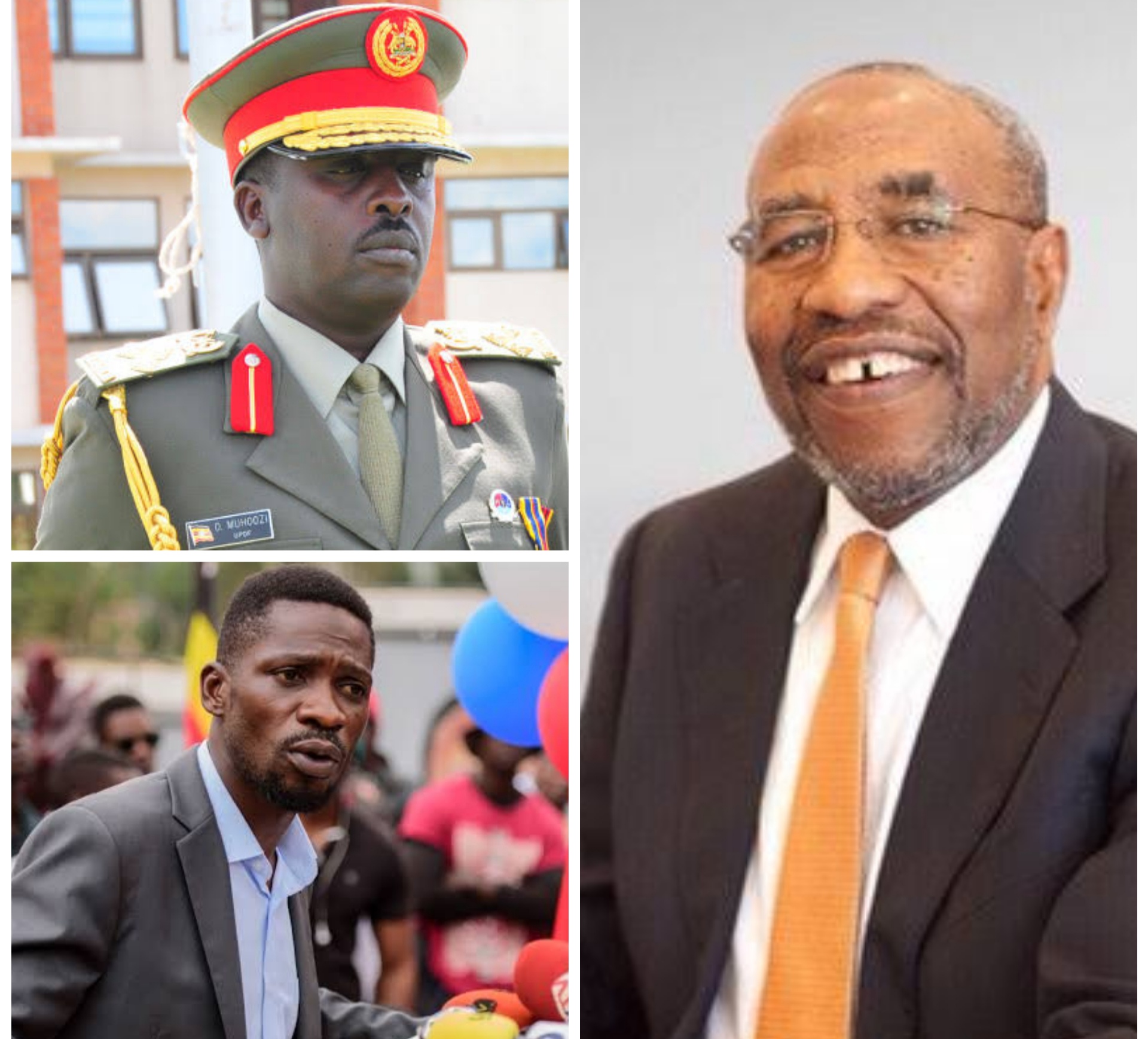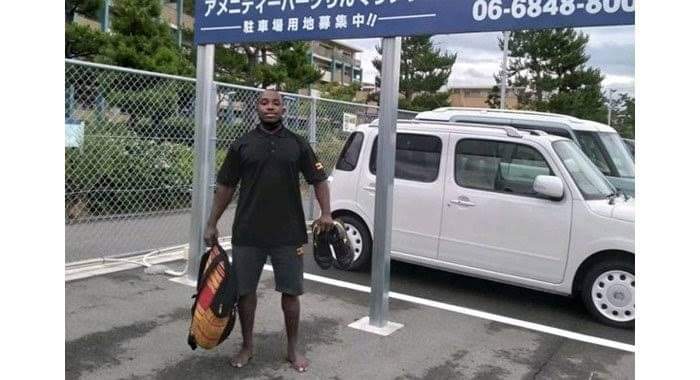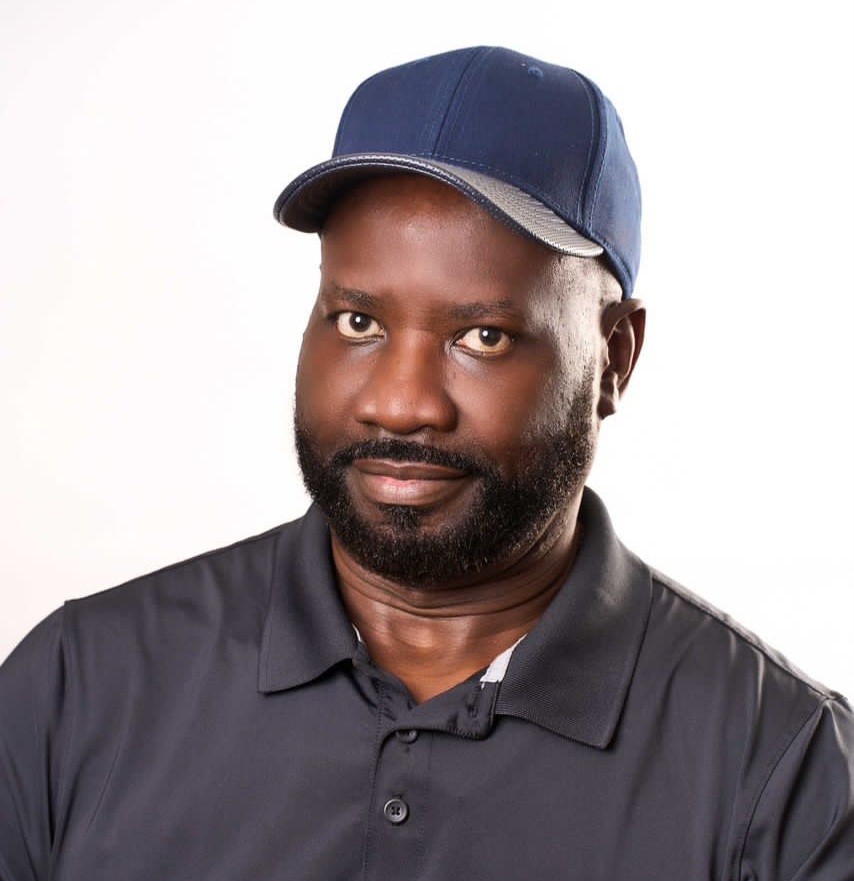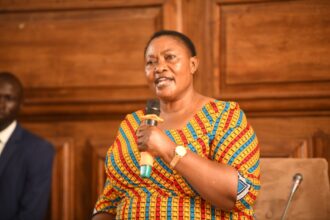The question of whether we are good or evil has been exercising mankind for centuries. While there are those who feel that people are good at heart, the balance of opinion in the present day is that we are innately selfish, as the bible says ‘born in sin and shapen in iniquity’. In the seventeenth century Thomas Hobbes, a philosopher, argued that human beings were naturally so selfish that they needed to be controlled by higher authorities for their own good, and this point of view has been used ever since to justify the imposition of various forms of ruler-ship and government over nations. He described the lives of human beings left to their own devices as ‘Nasty, brutish and short’. Another philosopher, Jean-Jacques Rousseau, took a different view – that people were not innately bad, but were influenced by the norms of their society.
These arguments may seem rather esoteric, but in fact they are at the root of how we view others – we either believe that people are good (and inclined to help their fellow man), or selfish (and not to be trusted). The perspective we hold influences our outlook on life: we either believe in people, or we are suspicious of them. There is another characteristic of mankind that comes into the mix – our tendency to cluster with those who are like us: our family, our friends, our clan, our tribe, our nation, or those of our own skin colour. This trait has been part of humankind for millennia. When we were hunter-gatherers we lived in small groups, and when we met other groups they might represent a threat so it was wise not to be too trusting. When we became farmers and lived in settled communities, we had to defend our land against encroachers and when we became nations we fought each other. We tend to trust those who are part of our group, but we are naturally suspicious of those who are different.
When we hear of all the terrible things that go on in our own society, does that make us lose all belief in Ugandans? Do we give up or continue to believe that many Ugandans are good? It is easy to become a cynic because then one does not need to engage, one can just stand aside and make comment. But if one does want to make a difference in their community, one must not lose faith in people.
I have had my fair share of disappointments in people: individuals who scammed me, or stole from me, but I refuse to give up, and I continue to believe in the basic goodness of mankind. The funny thing is that belief in people is often rewarded, especially by young people. Some young people have not had anyone who believed in them, so that when you trust them, mentor them and give them a chance, they rise to the opportunity. Psychology experiments have been conducted on this subject. If you divide children into two groups and tell the teachers that one group are high performers, while the others are dull, that is exactly how the two groups will perform. This is without the children themselves knowing how they have been assessed, so how could this be? The reason is that the teachers unconsciously treat the two groups differently because they believe in one group and not the other, and the children respond accordingly. So we affect the behaviour of others by the way we treat them. If we expect people to disappoint us they live down to our expectations, but if we believe in them, they will rise to the occasion.
Sometime we are very bad at bringing the best out in each other: we start out not expecting much, and we get what we expect. We don’t expect much from politicians, we don’t expect much from our employees, we don’t expect much from government – and that is what we get. So perhaps if we want a better society we need to start by looking at ourselves, how we treat others, and what our expectations are of other Ugandans. There seems to be so much distrust of every institution in Uganda, which has eaten into the fabric of society, that we are losing hope in everything. We need to recognize this as a fundamental problem and then do some serious work in rebuilding the trust we have in one another.
Do you have a story in your community or an opinion to share with us: Email us at Submit an Article








